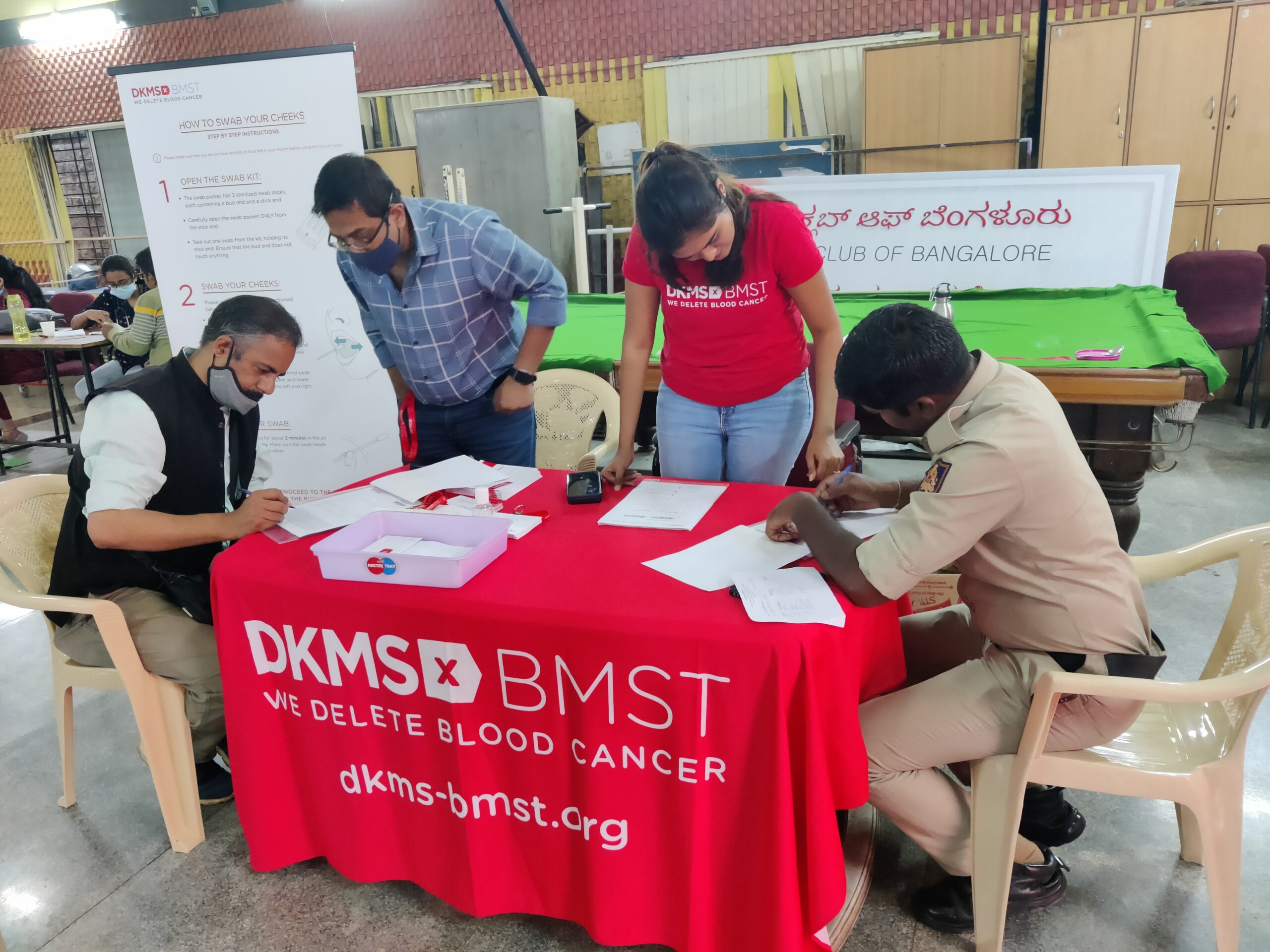Jammu, 23 December 2024: DKMS just published its first Global Impact Report that outlines the organization’s impressive progress in 2023 and focuses on the people whose lives have been saved through the work of DKMS. With a mix of numbers, stories and innovations, DKMS demonstrates its global mission to improve the chances of survival for blood cancer patients.Every 27 seconds, someone in the world is diagnosed with blood cancer. For many of them, a stem cell transplant is the only chance of survival. However, the possibilities of finding a genetically matching donor or financing the treatment vary greatly around the world. The DKMS Global Impact Report describes how the DKMS group takes a holistic approach to consider the individual living conditions of patients. This approach is based on three pillars: (1) Boost Stem Cell Donations – primarily by further expanding a large and diverse donor pool; (2) Improve Access to Transplantation – especially in disadvantaged regions; (3) Advance Research & Development in the field of cell therapies.”What started as a private initiative in Germany in 1991 has grown into one of the world’s leading medical and scientific organizations for blood cancer patients,” emphasizes Dr. Elke Neujahr, Global Chief Executive Officer of the DKMS Group. Today, DKMS has its own stem cell donor centers in Chile, Germany, India, Poland, the United States, the United Kingdom and South Africa. The DKMS Global Impact Report 2023 highlights international successes and provides insights into the personal stories of donors and patients. It further presents current scientific advances, such as those achieved by the organization’s Clinical Trials Unit. Together with the DKMS Life Science Lab, this unit also coordinates the Collaborative Biobank, a joint scientific platform that provides resources for medical research projects worldwide. The DKMS Life Science Lab in Dresden, the most powerful HLA typing laboratory in the world, plays a key role in this. All DKMS donors from seven countries are typed there – that’s up to 7,000 analyses per day.”We have made tremendous progress in recent years, and 2023 was a record year. We have grown enormously and expanded our impact for patients worldwide,” says Elke Neujahr. Commenting on DKMS’s plan to provide 12,000 people annually with a second chance at life through stem cell donations by 2030, she adds: “I am confident that with our skilled team and all our supporters, we will achieve our ambitious goals.”

Dogra Herald is the media of J & K, breaking language and geographical barriers, connecting J & K to the rest of India.
0191 245 4946
info@dograherald.com
Latest articles
KPC hails SC verdict on Article 370
DOGRA HERALD BUREAUJAMMU, Dec 11"Kashmiri Pandit Conference ( KPC ) welcomes the decision given by the constitutional Bench of Hounrable Supreme Court...
Tourism resilient sector, international visitors willreturn to Kashmir: WTTC CEO on Pahalgam Effect
DH NEWS SERVICENew Delhi, JUNE 3Describing it as an “incredibly resilient sector”, president of UK-based World Travel and Tourism Council (WTTC), Julia...
Kupwara Police Recover Narcotics and Illegal Arms/Ammunition; Achieved Significant Success on Narco-Terror Front in 2024
DOGRA HERALD BUREAUKupwara, DEC 18Acting on credible information regarding a narco-terror consignment in the Amrohi area near the Line of Control (LoC),...


























